
I AM AN AGENT OF CHANGE
Nature has taught me that everything that I have right now is based on the decisions I make and decisions made in history. I will make myself an agent for positive change and my commitment starts now...
Click to Continue
PROTECTING ENVIRONMENT IS ALSO PROTECTING US
Climate change has caused a tremendous impact not only on humanity but also on Mother Nature. Remember in 2020, the flood washed away thousands of houses and properties in central Vietnam. Most recently, earthquakes devastated Turkey and Syria. The consequences they hav...
Click to Continue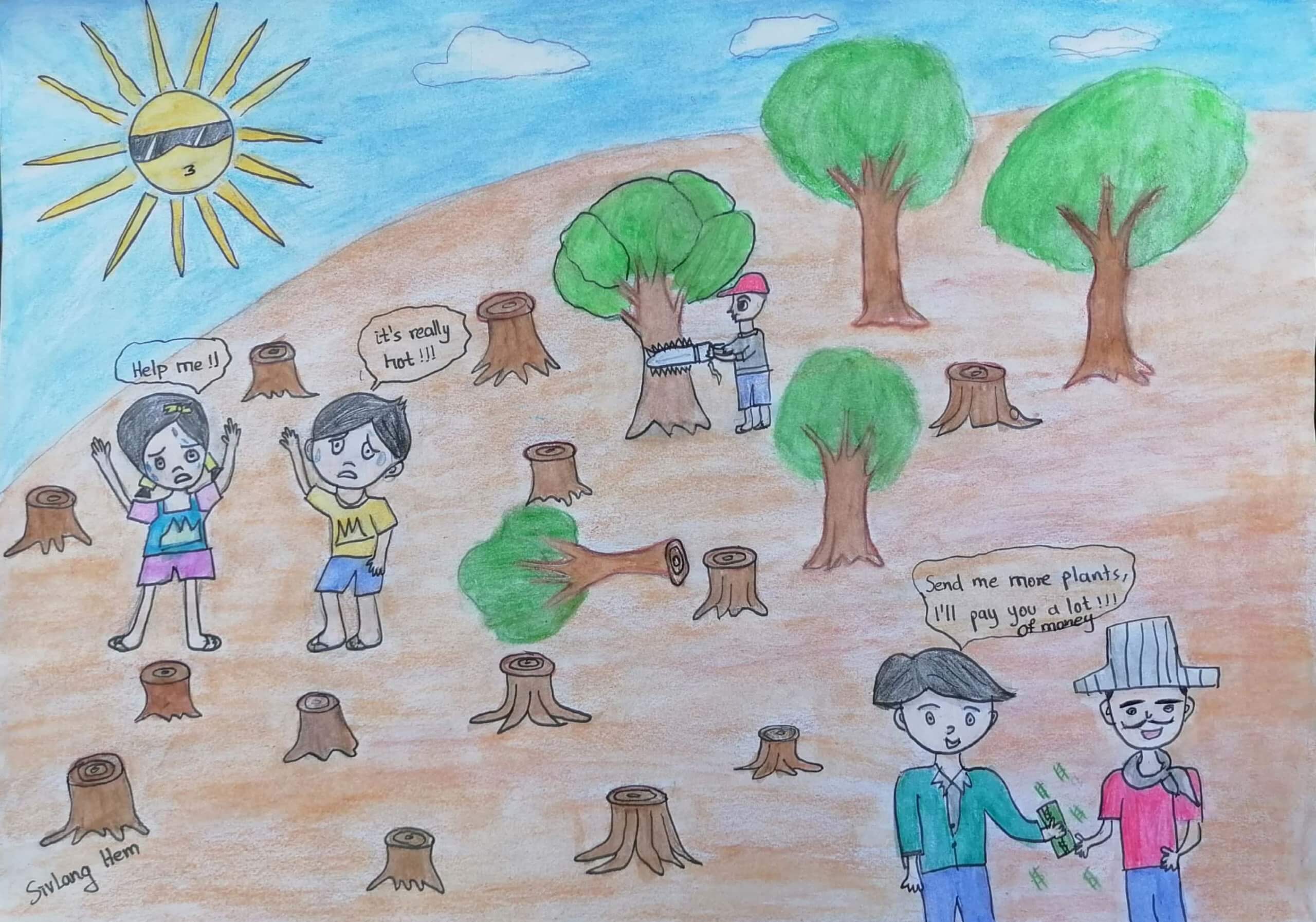
STOP DEFORESTATION
We receive pure water and air from forests. They store carbon, aid in regulating the temperature, and support a wide variety of plants and animals. But today, forests are being lost and destroyed all over the globe. Forests are cut down for a variety of causes, but the...
Click to Continue
KINDNESS TRANSCENDS ALL BOUNDARIES
My ancestors taught me that distance is no great hurdle to kindness and love. When one decides to be gracious, one can transcend time and earthly boundaries. ...
Click to Continue
TABI TABI PO (MAY I PASS)
Growing up as a Filipino, the culture, taboo, and superstition played a big part of my identity. But if I had one thing to proudly share and pass on the next generations, it would be an old tradition for the kids to say "tabi tabi po" every time they interact with natur...
Click to Continue
RESPECT THE RIGHTS OF ALL LIVING AND NON-LIVING BEINGS
My ancestors have taught me that we are supposed to be custodians of all life on Earth. This means that we should not just plant trees and keep the environment clean where we can, but we should take the extra step to ensure that the rights of every single living (and no...
Click to Continue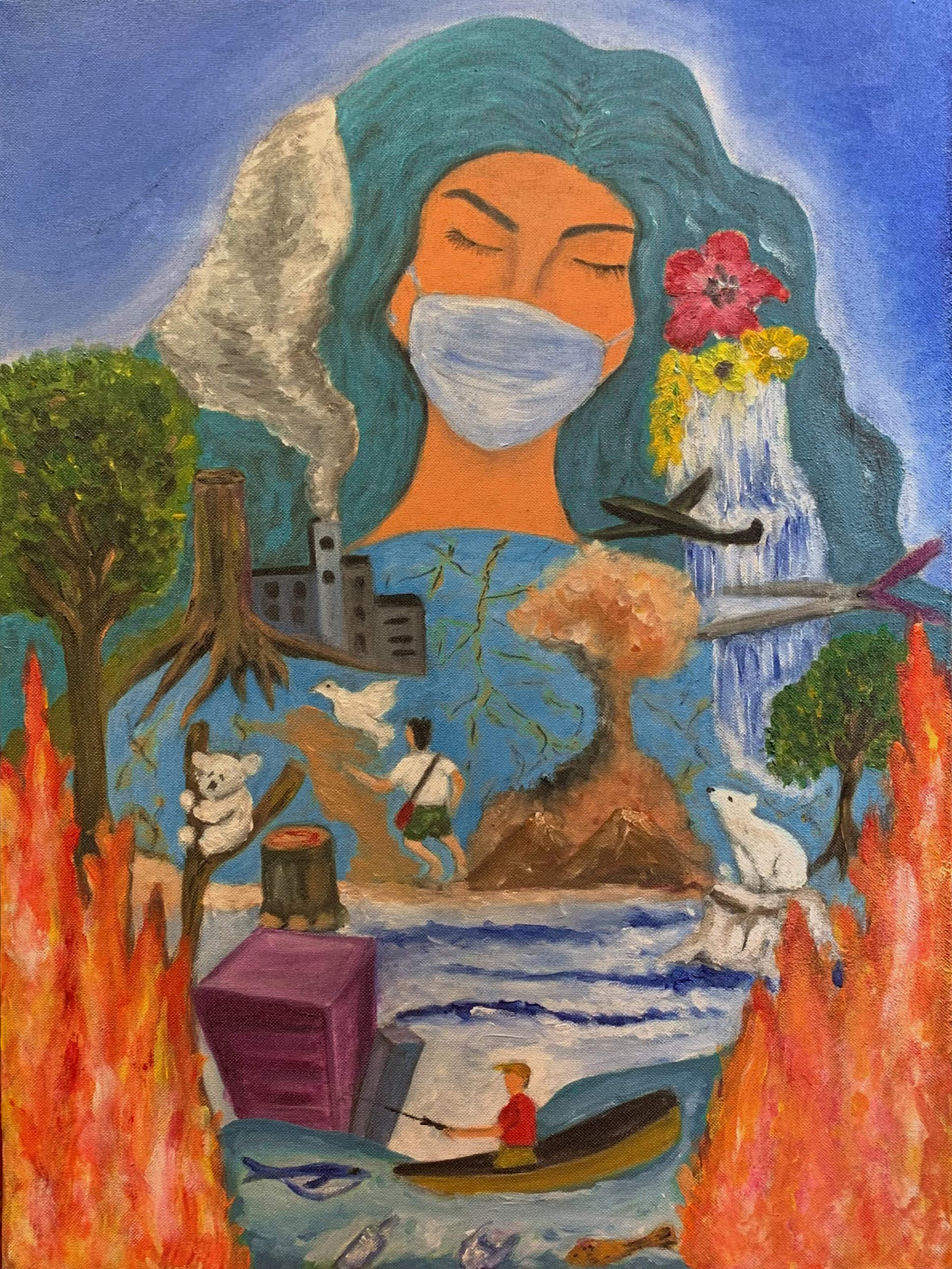
LEARN INTERDEPENDENCE
Nature as an ecosystem of life on this earth has a very important role for all living things on it. If there is damage to nature, it will directly affect all living things....
Click to Continue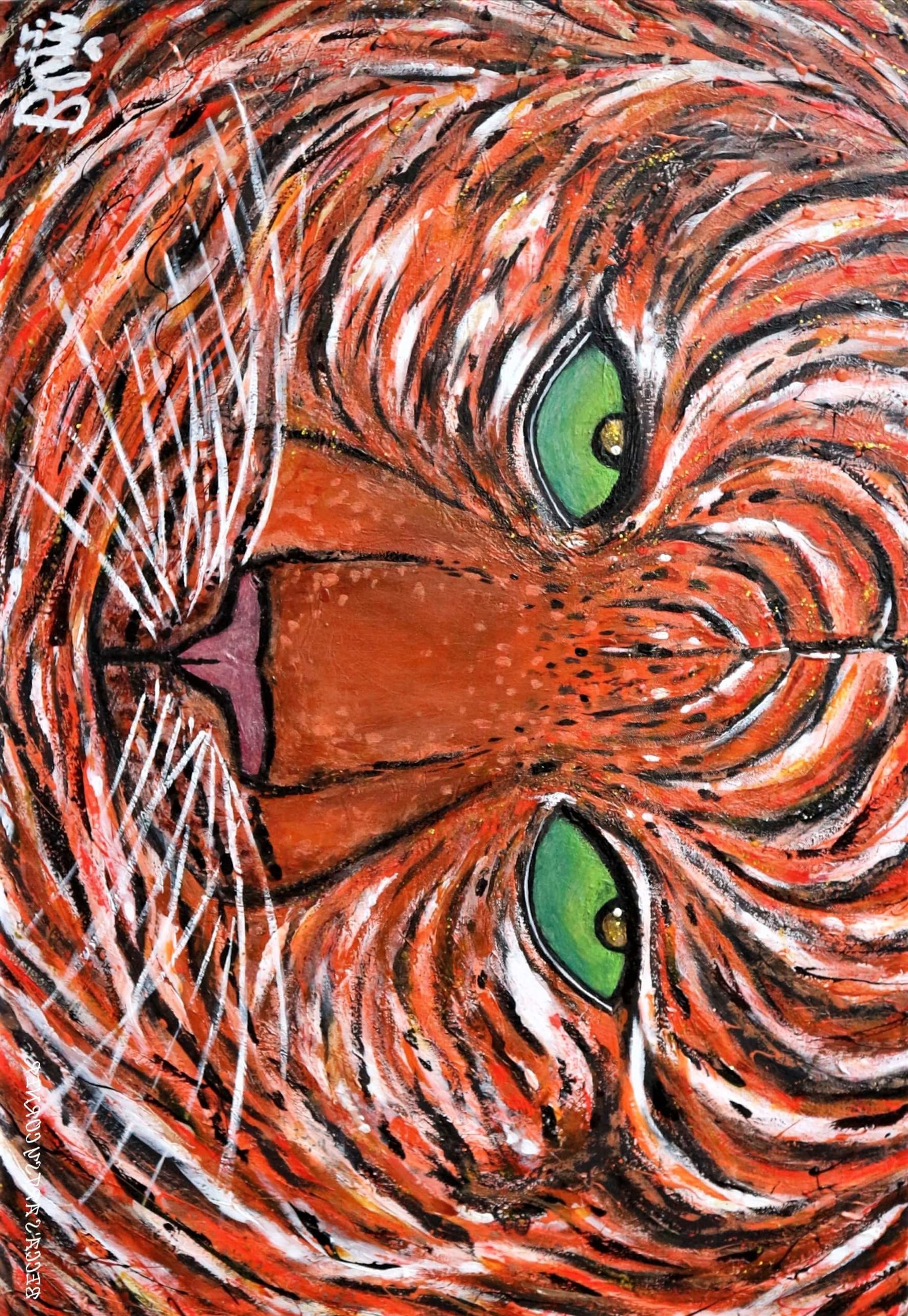
WE ARE ALL CONNECTED IN A SINGLE JOURNEY
I learned that the songs of birds, the wood that we use for making fire, the water that we drink, and the food that we eat are some of the things that can’t be replicated in this world. With this awareness, I have realized the importance of taking care of everything...
Click to Continue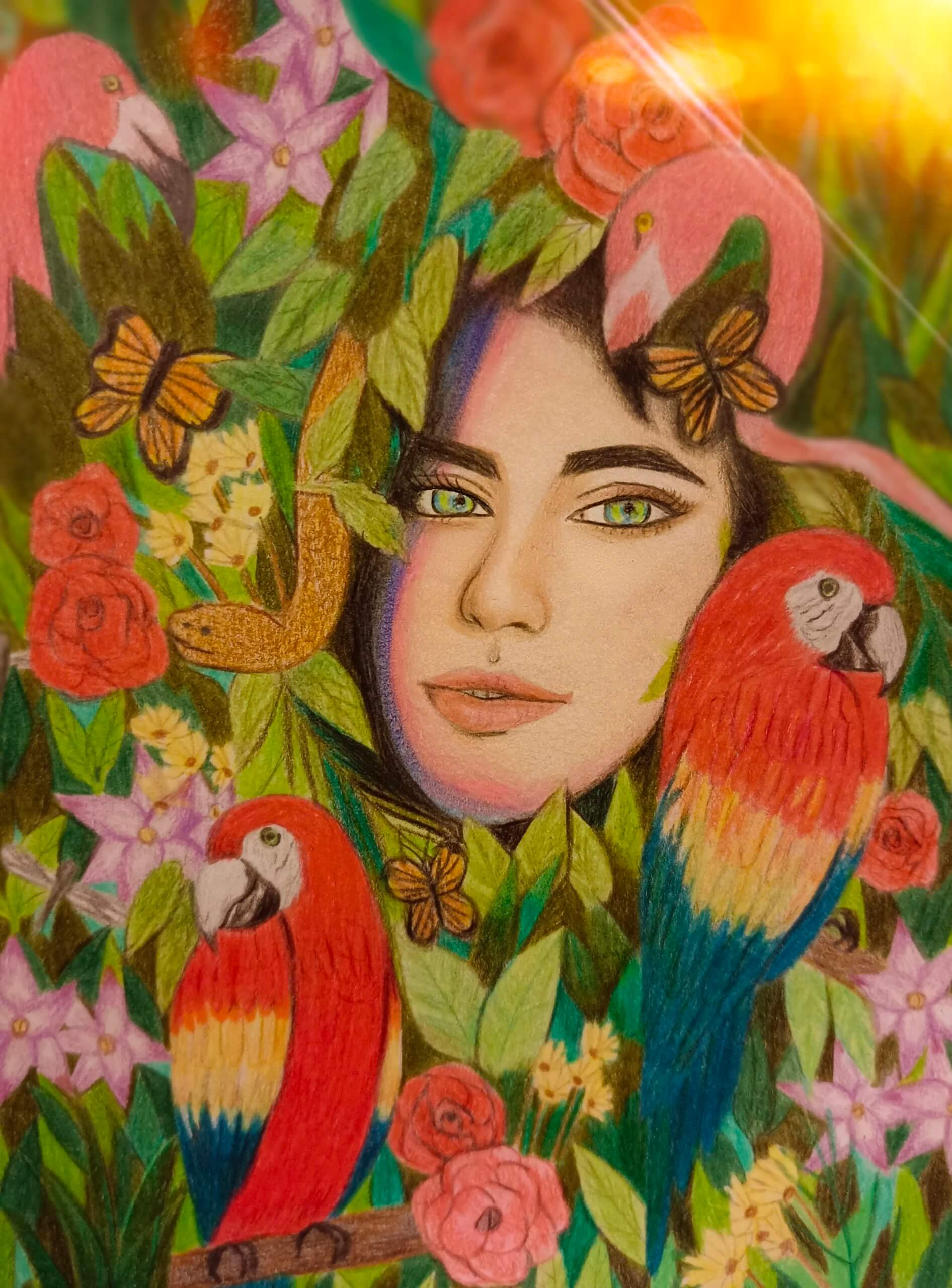
COOPERATION
Nature taught me about cooperation or gotong royong. Plants are related to each other and complement each other to create a balanced ecosystem. Sometimes a plant's life depends on other plants, such as the endangered Rafflesia flower. Rafflesia flower is a parasitic pla...
Click to Continue
IMPACTS OF ECOCIDE
Our natural resources are not unlimited. ...
Click to Continue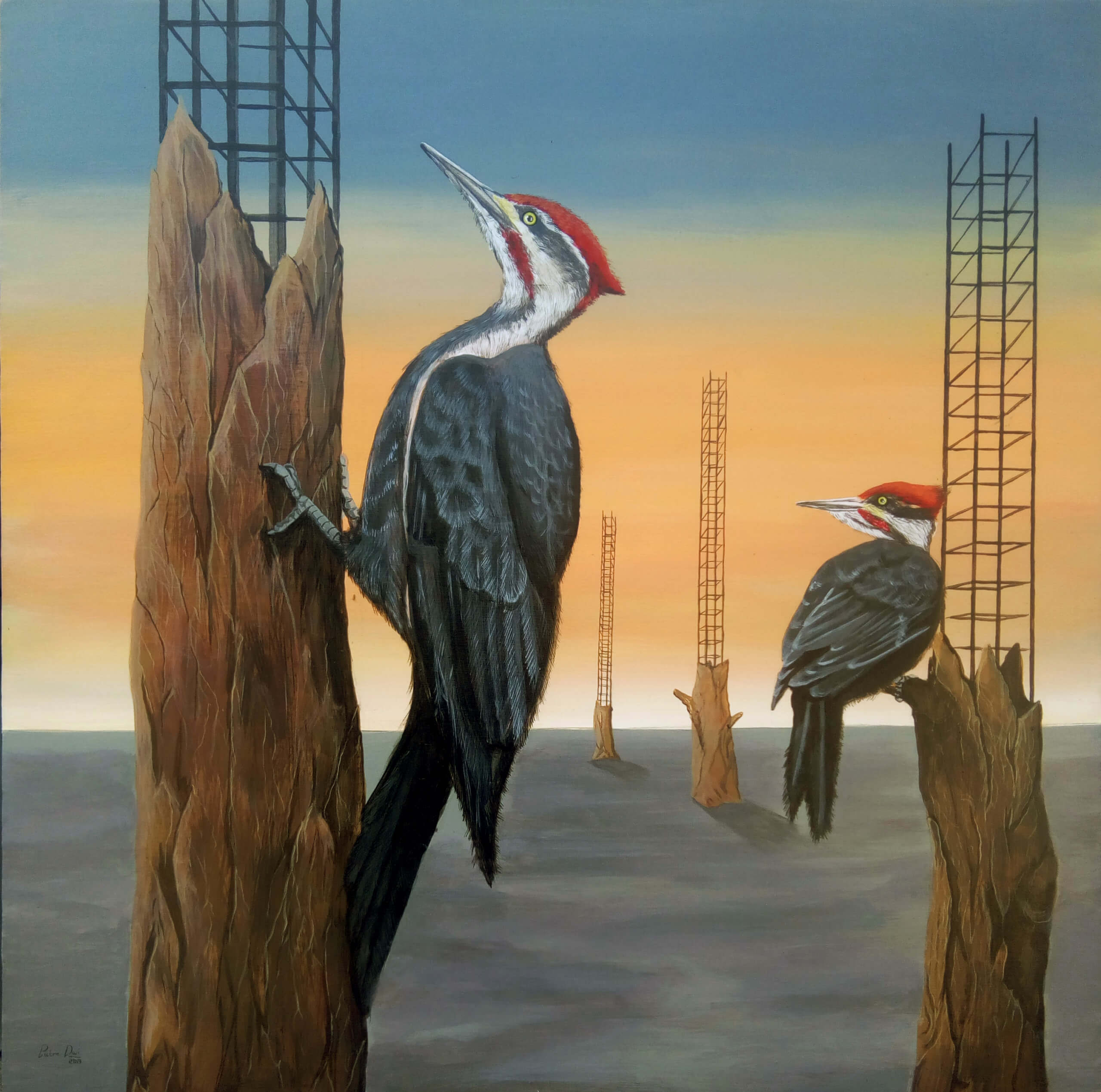
HONESTY
The honesty of nature is not like of anything that could be taught to us at school. So when nature speaks, we shall listen and when nature cries we shall console. The stark beauty of nature's honesty gives us direction for what we should do next and how we should respon...
Click to Continue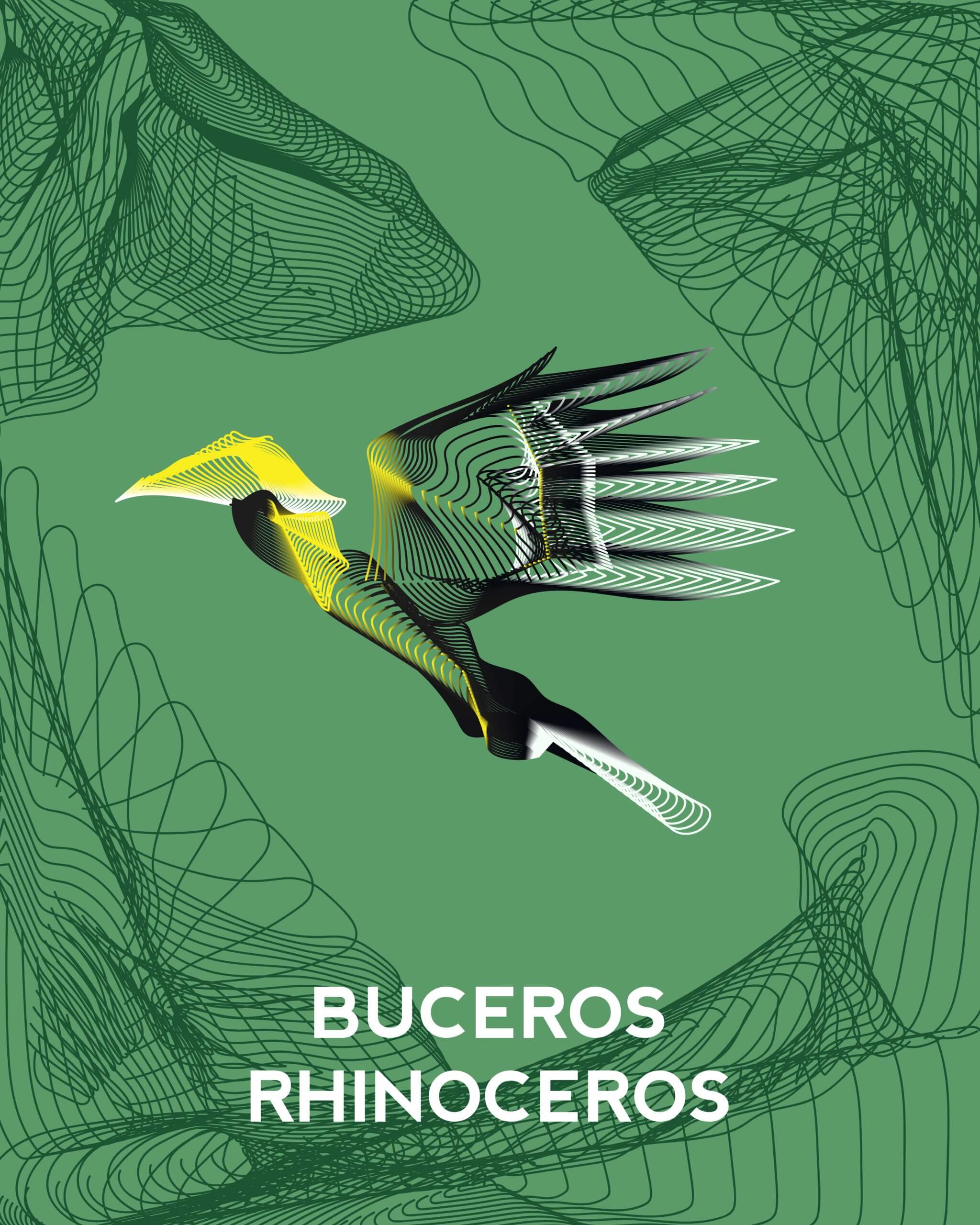
THE INNOCENCE OF HORNBILL
Flied semi-low, Hornbill exposed, Ambrosial comparable to drugs, In a lively space. Feeling dulcifies, Watching other birds fly, High expands, Let it be lost without winning. Proud of the rank, Endangered species; the hornbill nominated, Mankind’s concer...
Click to Continue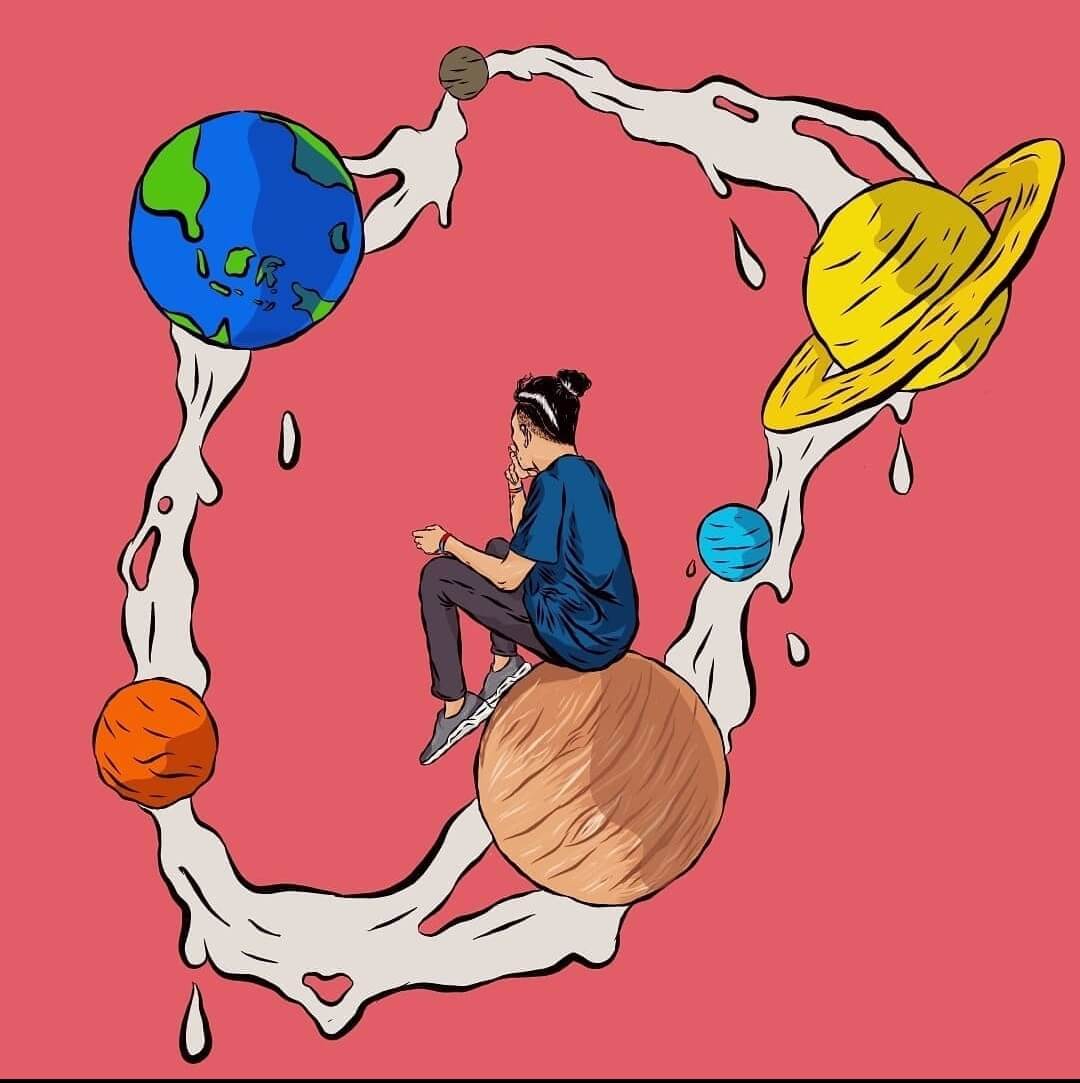
SYMBIOSIS – LIVING TOGETHER
In nature, there is a phenomenon called symbiosis, which means "living together." It is a relationship between two or more organisms in one habitat. One of the types of symbiosis is mutualism - a relationship that is beneficial to all species involved in the interaction...
Click to Continue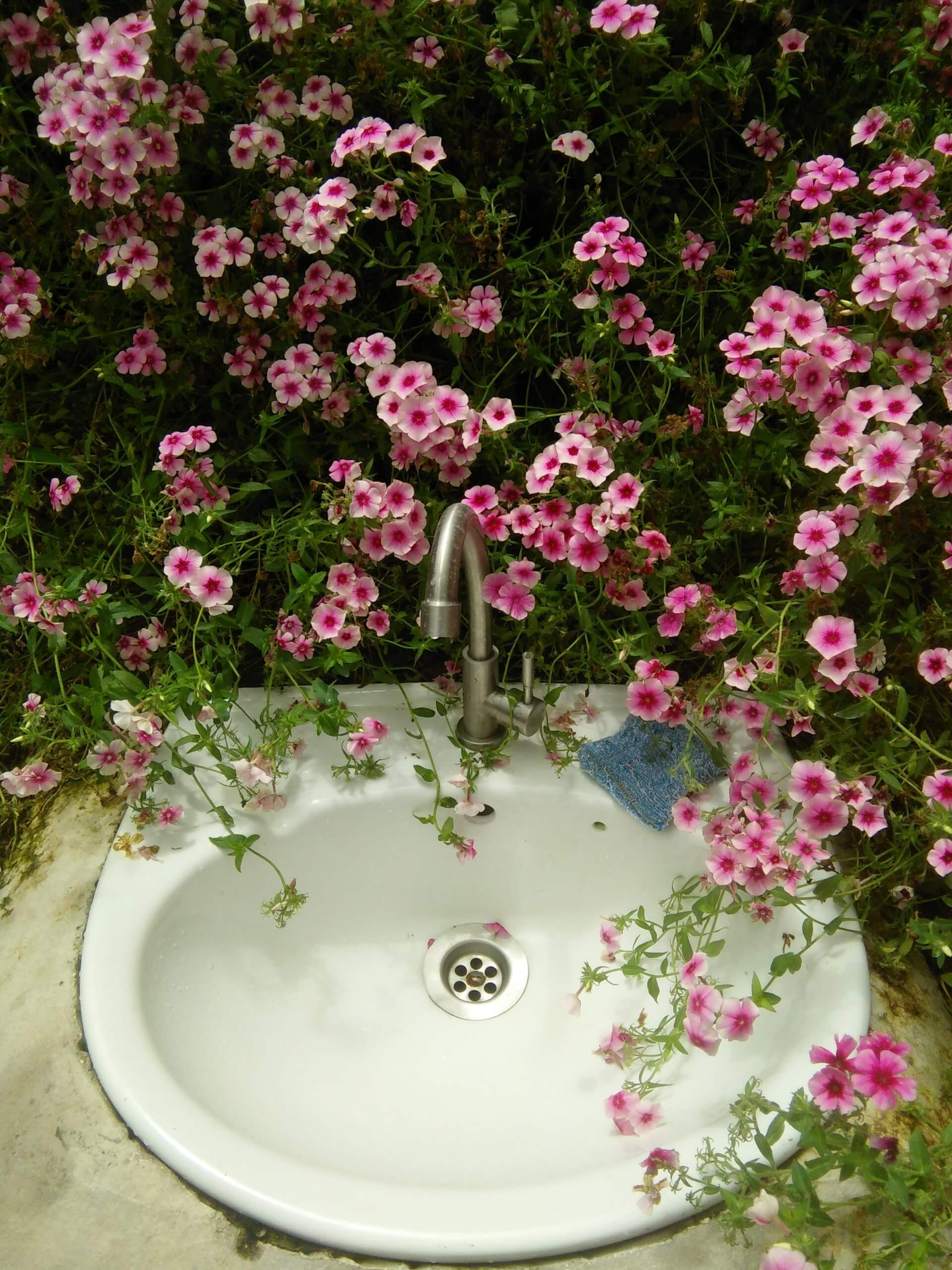
CONSIDER THE IMPACT OF YOUR DECISIONS ON FUTURE GENERATIONS
When making any decisions, always put climate change considerations first. We can make big changes for our next generation. ...
Click to Continue
STOP THE CULTURE OF DENIAL
To deny the current state of our planet and society is to deny making proactive solutions and taking necessary steps towards our survival....
Click to Continue
DON’T BE SELFISH. SCALE DOWN
Overfishing endangers food webs and ocean ecosystems by disrupting the balance of all sea life. How to fix it? Change our fishing method by catching fish with large populations. Today's version of large-scale agriculture drives deforestation that worsens climate chan...
Click to Continue
LEARN ABOUT RENEWABLE ENERGY
The energy that the majority of people use is mostly wasteful and harmful. It is important to learn more about renewable energy, since there’s no denying that energy is a basic necessity during this time and age....
Click to Continue
DEVELOP ECOLOGICAL CONSCIOUSNESS
The future is in our hands. Climate change isn't new, and treating it like taboo amongst the youth gives no sense of global citizenship. As a human on earth, we are obligated to give back to the land that's raised us. How can we prioritize solving climate change if we d...
Click to Continue
LEARN ENVIRONMENTAL LITERACY
Climate education should be included in our curriculum today to change our attitudes and behaviors in order to respond to the global climate emergency. Environmental literacy would encourage people to become agents of change. Climate education will help us build global...
Click to Continue
LET EARTH CATCH HER BREATH
Empowered with knowledge and equipped with empathy, education has the potential to shift minds and attitudes to let Earth catch her breath....
Click to Continue